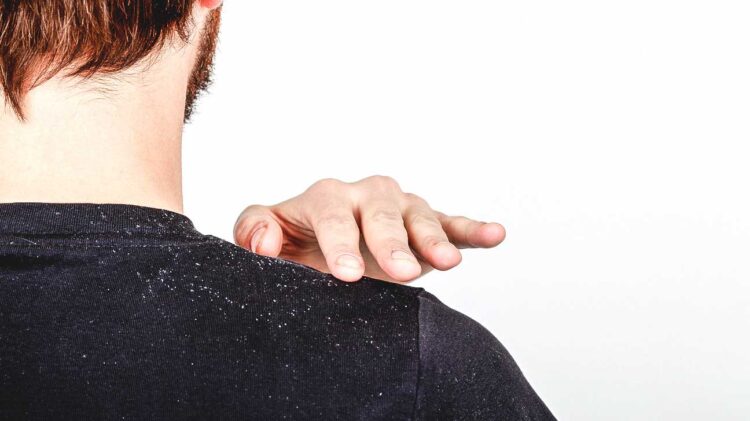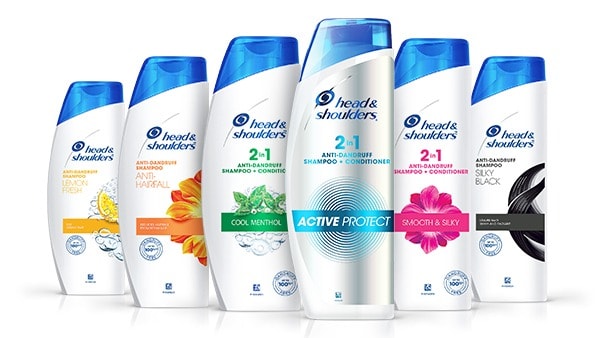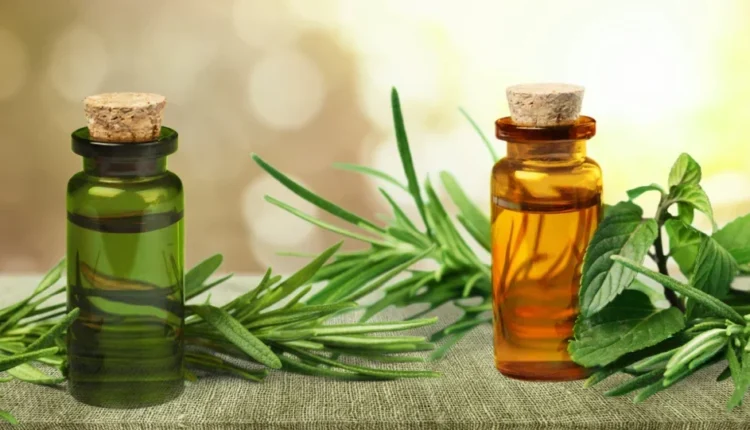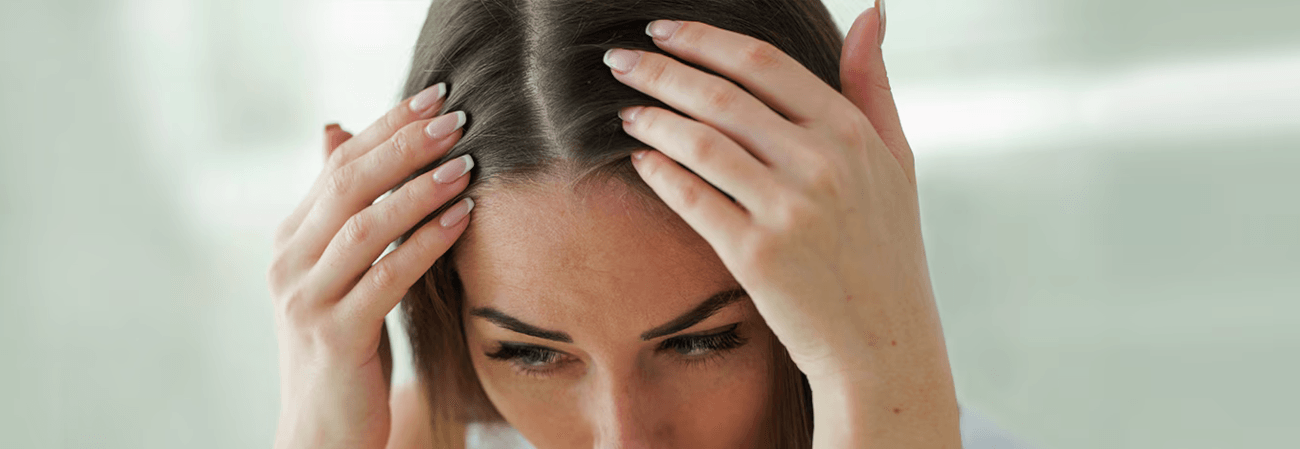Dandruff is a common scalp condition that affects millions of people worldwide. Characterized by white or yellowish flakes, itching, and dryness, dandruff can be both embarrassing and uncomfortable. Fortunately, there are many effective treatments available that can help manage and even eliminate dandruff. In this article, we’ll explore the best dandruff treatments—ranging from over-the-counter shampoos to natural remedies and lifestyle changes.
What Causes Dandruff?
Understanding the cause of dandruff is key to treating it effectively. Common causes include:
Dry skin: Often leads to small, dry flakes.
Seborrheic dermatitis: A more severe form that causes oily, irritated skin.
Malassezia: A yeast-like fungus that feeds on scalp oils.
Sensitivity to hair products: Known as contact dermatitis.
Poor hygiene or infrequent hair washing: Allows dead skin to accumulate.
Top Treatments for Dandruff

1. Medicated Shampoos
Over-the-counter anti-dandruff shampoos are often the first line of defense. Ingredients to look for include:
Zinc pyrithione: Fights bacteria and fungi.
Ketoconazole: An antifungal that treats fungal infections like Malassezia.
Selenium sulfide: Slows down skin cell turnover and reduces fungal growth.
Salicylic acid: Helps remove dead skin cells.
Coal tar: Slows down skin shedding and helps with inflammation (less commonly used due to potential skin sensitivity and staining).
Popular Brands:

Head & Shoulders (zinc pyrithione)
Nizoral A-D (ketoconazole)
Selsun Blue (selenium sulfide)
Neutrogena T/Gel (coal tar)
Tip: Use medicated shampoos 2–3 times a week and rotate them to prevent resistance or reduced effectiveness.
2. Natural Remedies

If you prefer a more holistic approach, these natural remedies can help reduce dandruff:
Tea Tree Oil: Has antifungal and antibacterial properties. Add a few drops to your shampoo.
Apple Cider Vinegar: Restores scalp pH and reduces fungus. Mix with water and apply as a rinse.
Coconut Oil: Moisturizes the scalp and reduces fungal activity.
Aloe Vera: Soothes irritation and has anti-inflammatory properties.
Note: Always patch-test natural remedies to avoid allergic reactions.
3. Lifestyle and Dietary Changes

Dandruff is often influenced by your overall health and hygiene. Consider the following:
Shampoo regularly: To keep the scalp clean and prevent buildup.
Manage stress: Stress can worsen dandruff by weakening the immune system.
Eat a balanced diet: Include zinc, B vitamins, and healthy fats to promote skin health.
Stay hydrated: A well-hydrated scalp is less prone to flaking.
4. When to See a Dermatologist

If your dandruff doesn’t improve with over-the-counter treatments or becomes more severe (redness, swelling, or painful itching), consult a dermatologist. You may need prescription-strength treatments or an evaluation for conditions like psoriasis, eczema, or fungal infections.
Conclusion
The best dandruff treatment depends on the underlying cause and your individual scalp condition. For many, a good-quality medicated shampoo used regularly is enough to control symptoms. For others, a combination of natural remedies, proper hygiene, and dietary changes may provide relief. With the right approach, dandruff can be effectively managed—leading to a healthier scalp and renewed confidence.

